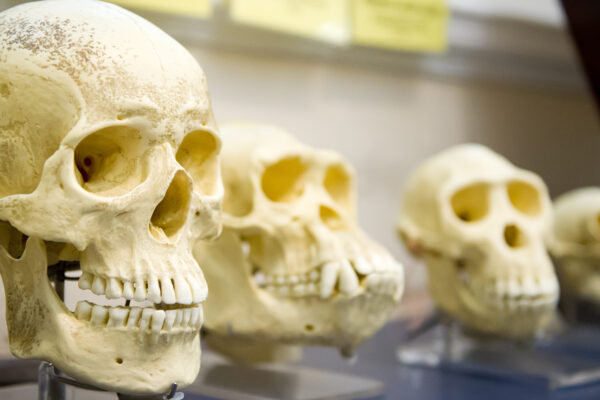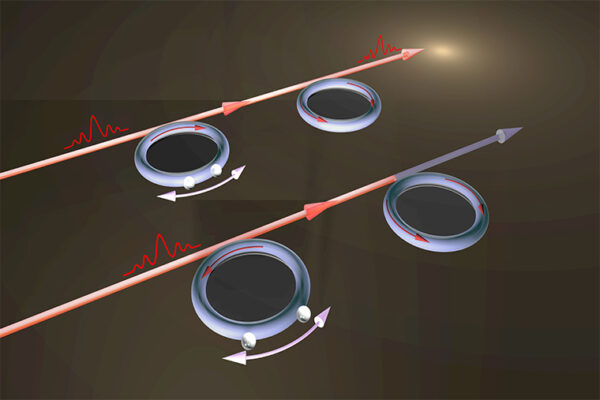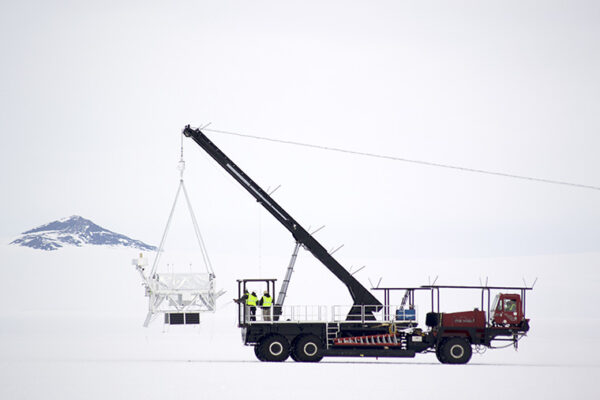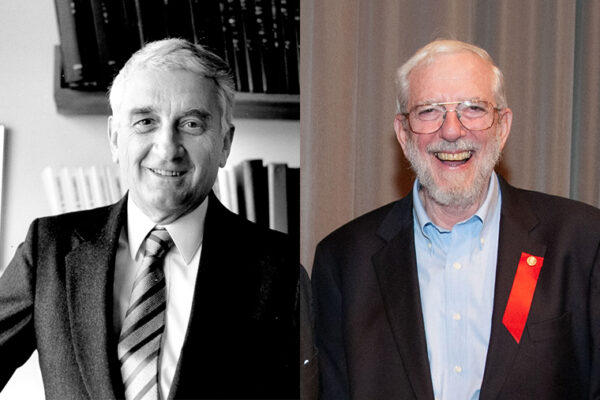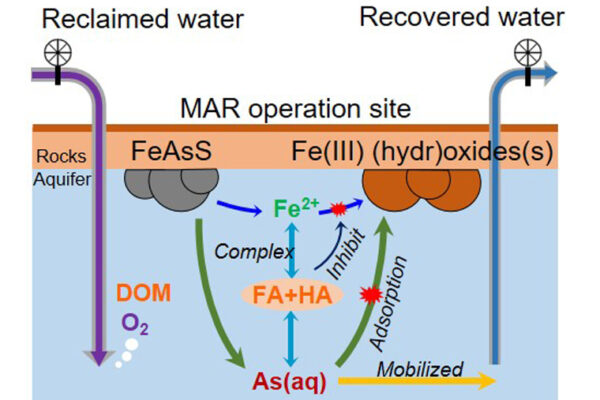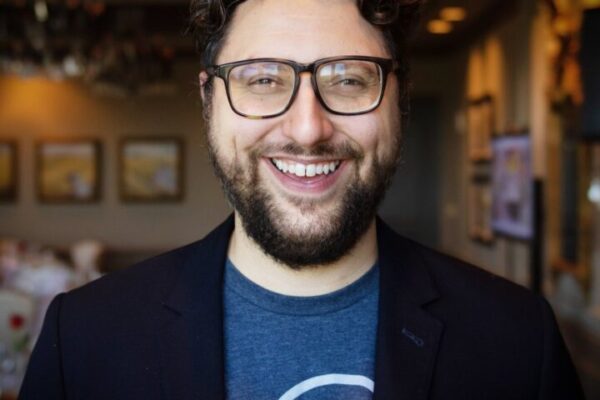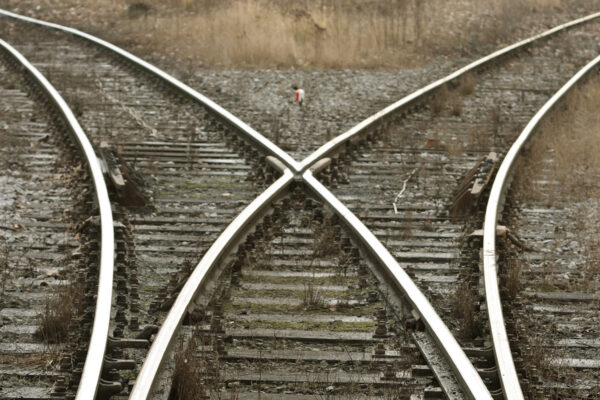WashU Expert: ‘Every application has its vulnerabilities’
Joe Scherrer, director of the Cybersecurity Strategic Initiative at Washington University and a former cybersecurity innovator with the U.S. Air Force, says the cyberattack on Jeff Bezos is nothing unusual, and these kinds of attacks are becoming more common. But there are things you can do to stay safe.
Keeping lead out of drinking water when switching disinfectants
Researchers at the McKelvey School of Engineering at Washington University in St. Louis found that the hazards of switching disinfectants in water systems — increased lead levels — can be mitigated if the change is done correctly.
Green in tooth and claw
Hard plant foods like seeds and nuts may have made up a larger part of early human ancestors’ diet than currently presumed, according to a new experimental study of modern tooth enamel from anthropologists in Arts & Sciences.
Tuning optical resonators gives researchers control over transparency
Using a nanoparticle as a “tuning device,” researchers at the McKelvey School of Engineering have devised a way to control electromagnetically induced transparency — a feature of light which allows it to pass through opaque media.
Catching up with SuperTIGER, 130,000 feet above Antarctica
A balloon-borne scientific instrument designed to study the origin of cosmic rays is taking its second turn high above the continent of Antarctica three and a half weeks after its launch.
Celebrating the newest National Academy of Inventors fellows
Washington University’s Jerome Cox and Jack H. Ladenson join a small but distinguished group of fellows of the National Academy of Inventors, the highest professional distinction accorded solely to academic inventors.
Toward a smarter way of recharging the aquifer
Researchers from Washington University in St. Louis have solved a mystery: How did arsenic show up in aquifer water that had been triple purified? Dissolved organic compounds.
David Karandish: 5 Encouragements for Entrepreneurs
Alumnus and tech giant David Karandish, BSCS ‘05, knows what it takes to be a successful entrepreneur.
Switching tracks: Understanding photosynthesis
Chemists in Arts & Sciences have re-engineered one of nature’s solar cells to drive electrons down an alternate path. This work advances the understanding of the earliest light-driven events of photosynthesis and is published in the Proceedings of the National Academy of Sciences.
Plants model more efficient thermal cooling method
Patricia Weisensee, a mechanical engineer in the McKelvey School of Engineering at Washington University in St. Louis,
combined properties similar to those seen in a lotus leaf with those found on rose petals to find a more efficient way for droplets to evaporate from a surface.
Older Stories


